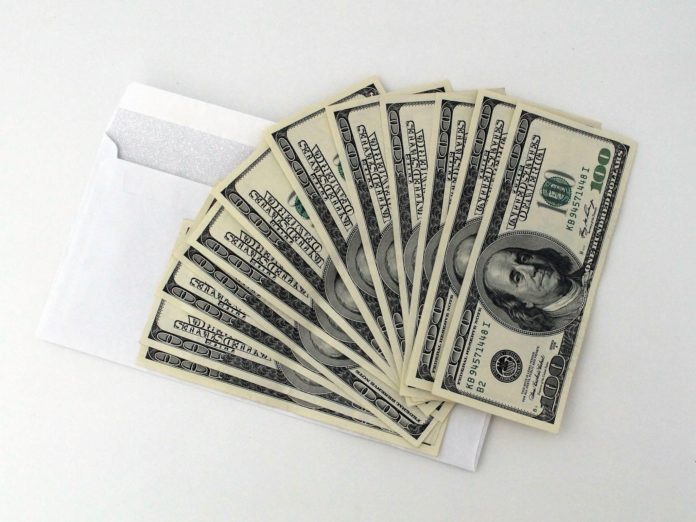Are you able to afford three months worth of emergency funds? Six months? Nine months? Although most financial experts agree that emergency cash should cover three to six months’ worth of your expenses, this advice can be quite broad-especially for such large amounts of money. Let’s take a look at some practical tips, crafted for you by a professional economics homework helper. What expenses should be included in an emergency fund? And how to determine if you should set aside three to six months or more?
What is an emergency fund?
A cash reserve that can be used to cover unexpected medical costs, job loss, and vehicle repairs is called an emergency fund. An emergency fund is not as risky as IRAs and 401(k), but can be withdrawn at any time without penalty or fees. While it is recommended to establish an emergency fund before investing, you should also pay down high-interest debt above 10% APY first. How to calculate your emergency funds Experts suggest putting aside 3 to 6 months of expenses. This can seem a bit ridiculous if you live paycheck to paycheck. However, it is possible to set short-term goals and build your emergency fund over time. You could begin with a three month goal and write down all the monthly expenses. These expenses would include: Rent, food, healthcare insurance, utilities, debt, and other savings. You might be surprised at the hidden costs that you can divert to your emergency fund. Whatever your situation, the goal is to save enough money to replenish your emergency reserve.
Although there is no consensus about how fast you should build your emergency fund, it’s important to do so quickly because it will be used for emergencies. A reasonable goal would be to cover at least one month of expenses in a year. Consider saving $1,000 if you are starting from scratch. Only 40% of Americans have enough money to cover an unplanned $1,000 expense. The 3/6/9 Rule: This rule is useful because it allows you to calculate how much money you should be saving for your emergency fund. It covers three to six months of expenses. If you have the option of living with your parents, you can save a lot on your emergency fund. If you have children or are in high-debt situations like student loans or mortgages, you can save six months of expenses.
You will need more of a cushion if you have dependents. If you have an unsecure job or earn irregular income like freelance or contract work, you can save nine months of expenses. You should have a cash reserve that covers nine months of expenses if you are the sole income earner of your family. Your emergency fund should be kept in a safe place. Liquidity is the most important thing in a financial emergency plan. This means that you can access your cash quickly without any penalties or fees. You should save that money and keep it in a checking, savings, or money market account. This article will help you explore your options.









